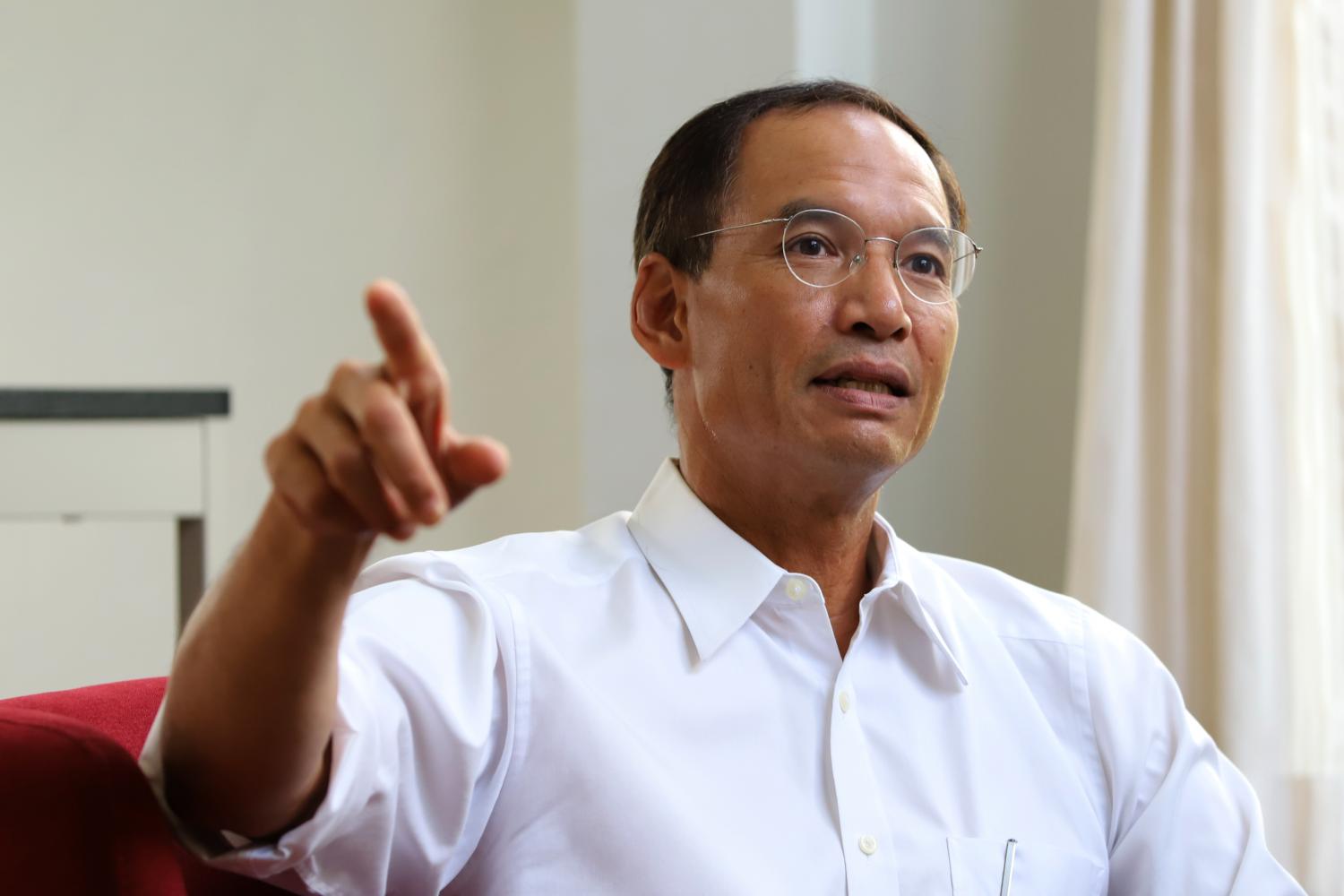
Korn Chatikavanij, a former finance minister and now leader of the Kla Party, suggested the government provide an additional 60-billion-baht loan to improve the liquidity of the Oil Fuel Fund.
He also proposed only subsidising oil prices for select sectors and encouraging motorists to cut back on energy consumption while oil prices remain high.
There is still room for another 60 billion baht under the two legislative acts that permit the Ministry of Finance to borrow money to finance government projects associated with Covid-19 outbreaks and their economic impact, he said.
As oil prices climb, the fund is almost 100 billion baht in the red, Mr Korn said.
The fund's deficit is increasing at a rate of about 20 billion baht per month, which means it will hit 200 billion baht within five months, he said.
Oil prices in the country will not come down for several more years even after global oil prices settle because more revenue will have to be collected to pay off the substantial debts owed to the fund, he added.
Mr Korn said the office managing the fund has been trying for several months to seek new loans but to no avail; it is now seeking help from the ministry.
A 60-billion-baht loan injection would significantly improve the fund's liquidity, better positioning it to assist with high energy prices, he said.
He said he was confident the loan could be used for this purpose even though the money was initially intended for use in assisting with projects related to the pandemic.
Thailand now ranks as the biggest consumer of diesel in the transport sector among all members of the Association of Southeast Asian Nations (Asean) as retail prices here are the cheapest in the region, he said. This has helped drive diesel usage up by 15% this year.
The rate of petrol use has also increased despite the high global oil prices, he added.
This points to the need for the government to subsidise energy prices in certain areas only, such as for deliveries, motorcycle taxis and other forms of public transport, Mr Korn said.
As for general motorists, the government should communicate with them about the need to limit use of their personal cars at least in the short term, he suggested.
Mr Korn also backed the government's attempt to negotiate with oil refineries to lower their gross refining margin (GRM) during the oil price crisis.
"I have been told that these refineries still turned a profit last year when the GRM stood at just 80 satang per litre," he said.
Prime Minister Prayut Chan-o-cha during the cabinet meeting on Tuesday asked whether the current 8-baht-per-litre GRM could be lowered to help ease the situation.







